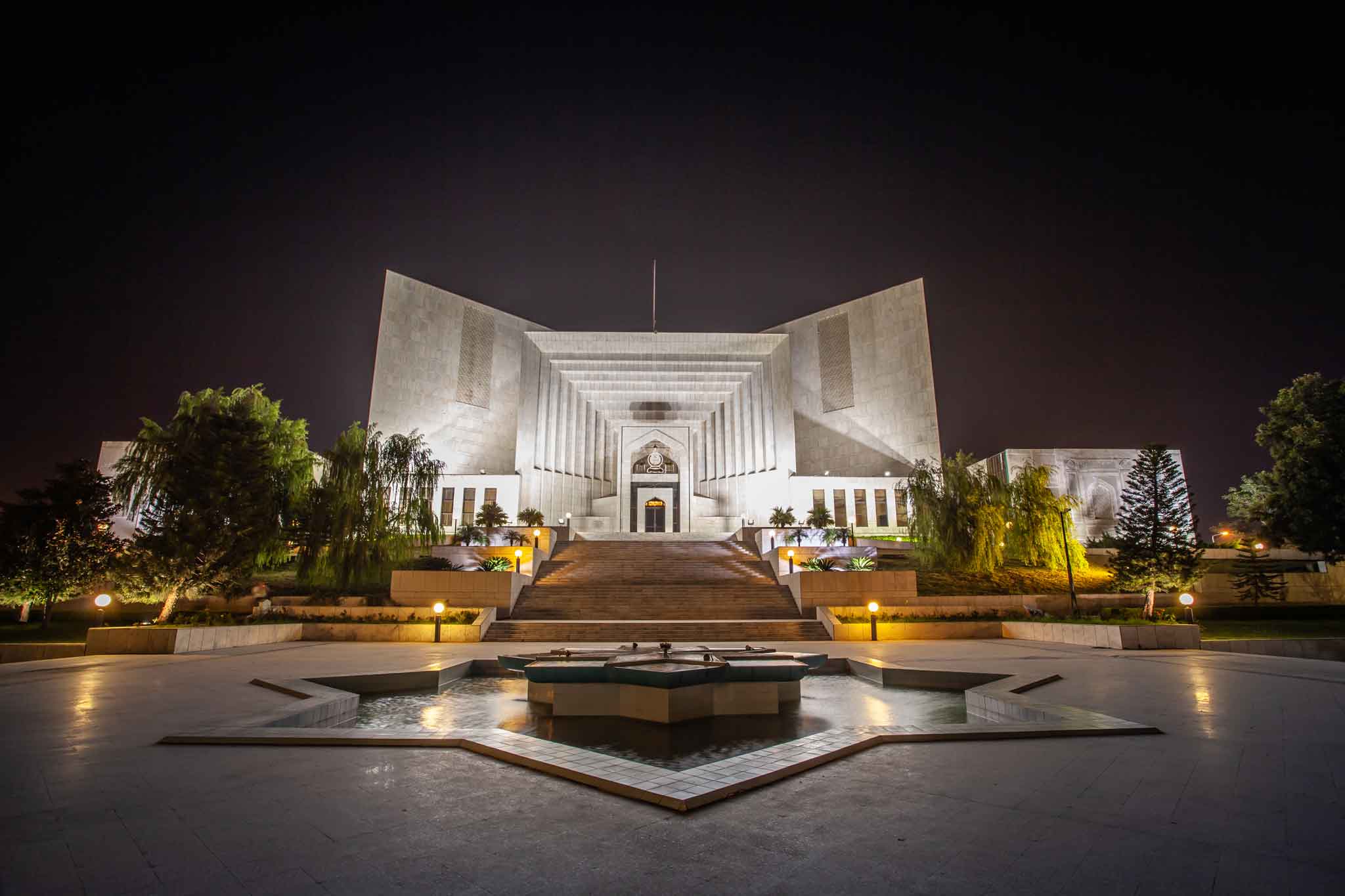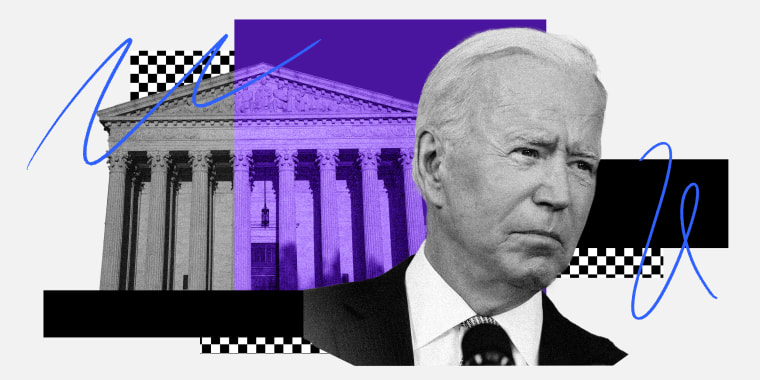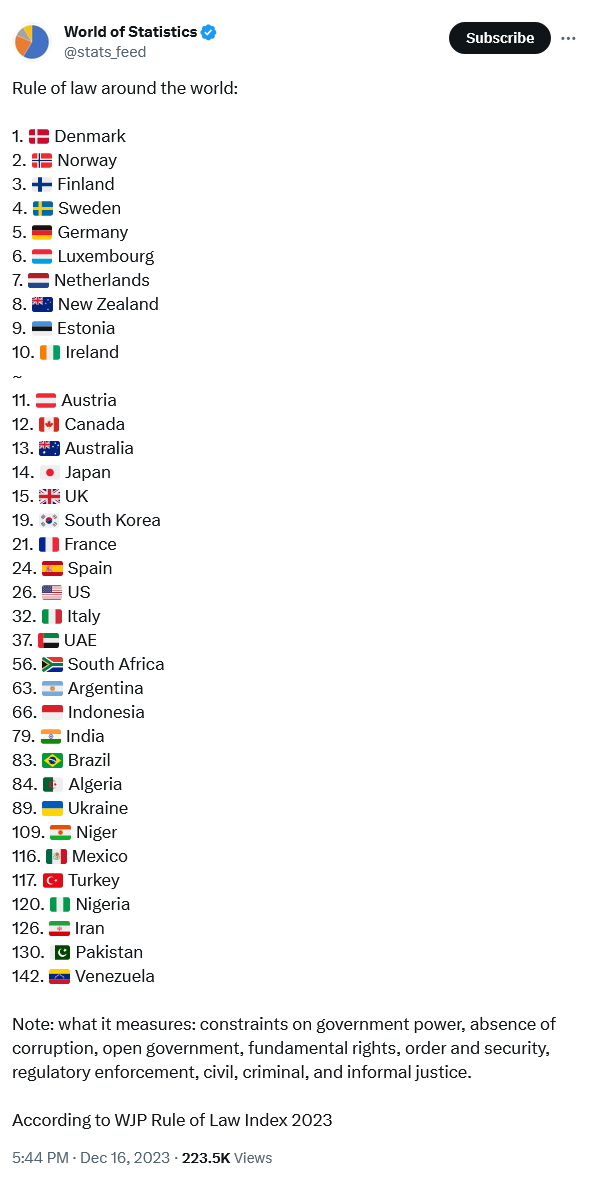#PakistanLaw #Constitution #SupremeCourt #Article63A 🇵🇰⚖️
The Supreme Court Bar Association (SCBA) filed a petition for a review of this decision on June 22, 2022, but it remains unaddressed since. The President had submitted the reference under Article 186 of the constitution, giving the apex court advisory jurisdiction. However, the Article does not specify whether the court's opinion is binding and enforceable like its verdicts under its original and appellate jurisdiction.
The majority opinion of the Supreme Court has cast doubt on the spirit of Article 63-A, rendering it ineffective. This has far-reaching implications for Article 95, which allows parliament members to move a vote of no-confidence against the sitting Prime Minister.
The dissenting judges argued that Article 63-A provides a comprehensive procedure for defection and that further interpretation would be tantamount to rewriting the constitution, which goes beyond the President's reference.
The majority opinion, on the other hand, stated that a member's vote against their party's direction, as per Article 63-A, should be disregarded, regardless of whether the party takes subsequent action to declare defection. This interpretation deviates from the Article's text, and the SCBA rightly contends that it contradicts the constitution.
The court's opinion has not only disrupted the intent of Article 63-A but has also thwarted the application of Article 95 in moving votes of no-confidence. It also circumvents the Article's procedure for determining defection. The judiciary's interpretation has unleashed legal challenges and political crises, particularly in Punjab, as the judges ventured into legislative territory, which is beyond their mandate.
A famous jurist once remarked, "The apex court is not final because it is infallible, but it is infallible because it is final." This means that the ultimate court of justice's decisions are binding, regardless of their quality.
In jurisprudence, it is universally accepted that judges are not legislators but interpreters of the constitution and the law. Their role is to ascertain what the text means, not change it. Judges must exercise restraint, particularly in matters of judicial review, respecting the democratic self-governance process.
Pakistan's history includes judicial decisions that breached constitutional principles, such as the doctrine of necessity and validating the removal of chief executives, which have had a profound impact on democracy and societal cohesion. Despite their consequences, these decisions were accepted and implemented.
It is now imperative for the Chief Justice to address the SCBA's petition by forming a full or larger bench to rectify the actions of the judges who exceeded their constitutional powers. The government should also consider filing an appeal against the verdict, given the importance of the issue and the recent approval of the Supreme Court Practice and Procedures Act 2023. 🇵🇰⚖️ #PakistanLaw #Constitution














